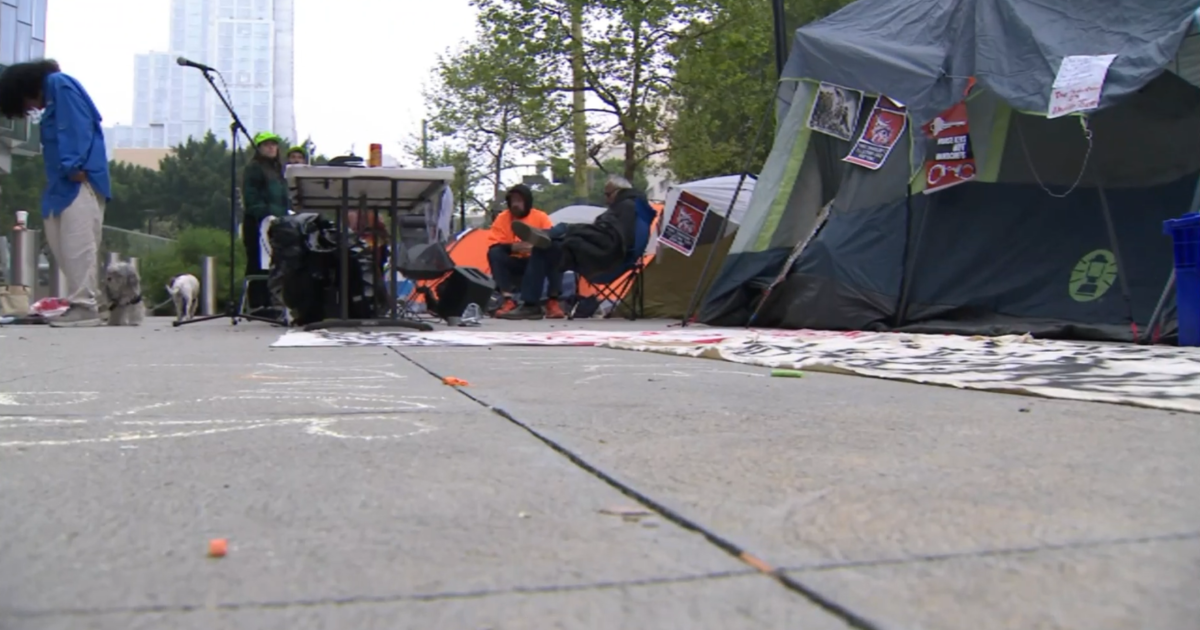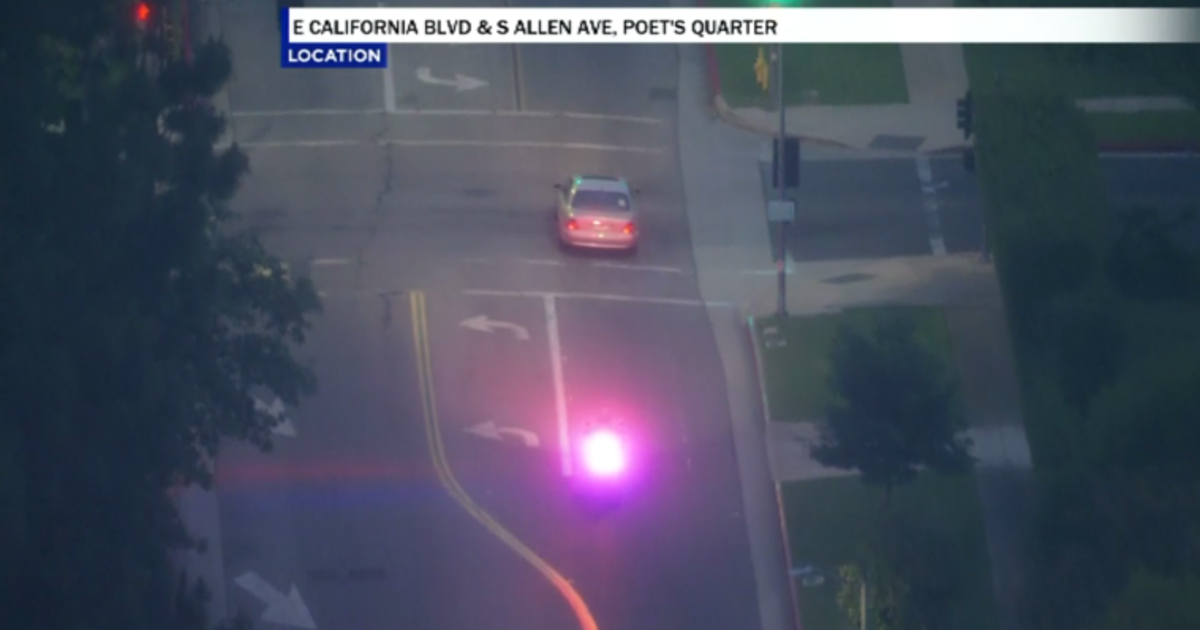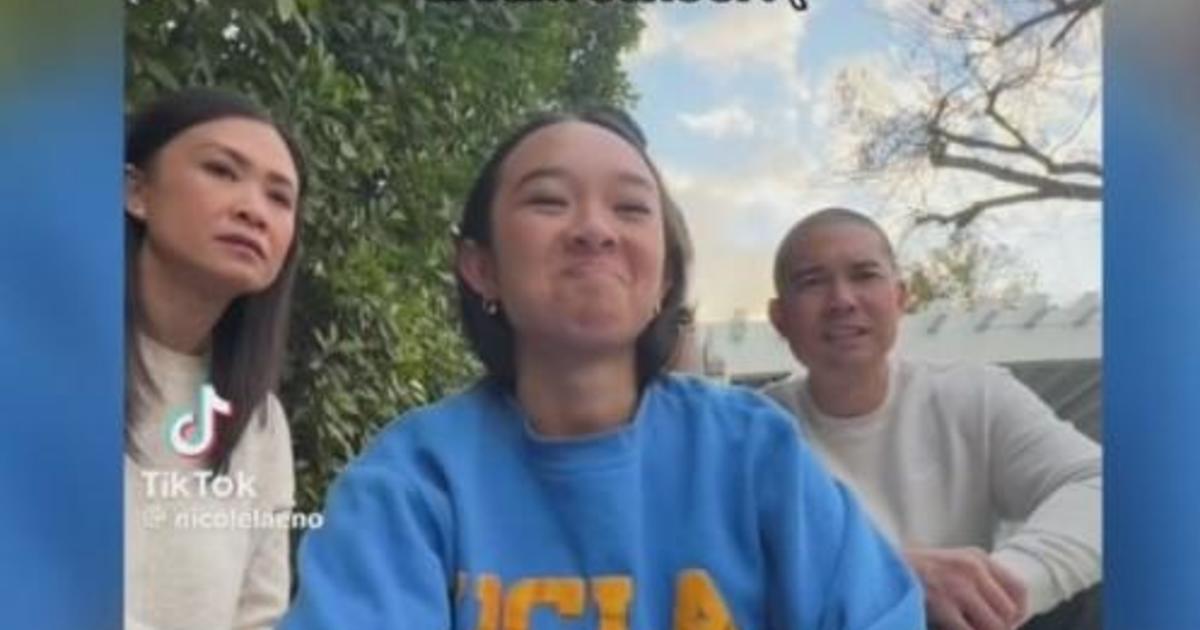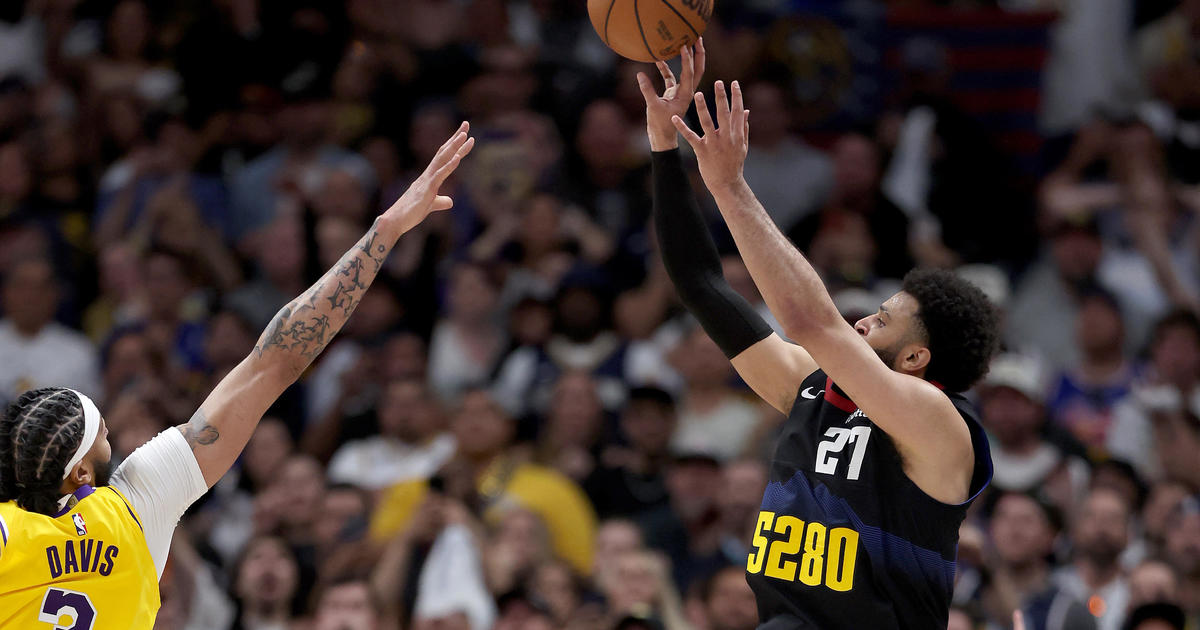Were Police Interrogation Tactics Seen In 'Making A Murderer' Ethical?
LOS ANGELES (CBSLA.com) — Towards the middle of the series, detectives bring Brendan Dassey, a cognitively impaired teenager who had an IQ of 70, into an interrogation room without parental permission to question his involvement in the case.
Many viewers were left wondering whether the criminal justice system initially failed Dassey as the series never referenced whether authorities first considered conducting an evaluation on him.
"These are very murky cases," Strang said. "I was troubled by his obvious developmental ways and just lack I guess of worldliness. Worse in that respect, or younger in that respect, than his chronological age. The whole of it left me really unsettled."
Only eight minutes of the interview, which many perceived as troubling, were shown to viewers. In reality, the interrogation lasted for nearly four hours.
RELATED: Defense Attorney Dean Strang Settles 'Making A Murderer' Theories
During this time, detectives developed an honesty theme with Dassey and presented him with facts from the case for him to agree with instead of letting him tell his side of the story. As a result, Dassey detailed his involvement in the rape, torture and murder of Teresa Halbach.
Testimony later revealed detectives implied or directly told Dassey that he was a liar upwards of 75 times during the interrogation. After hearing this, Dassey changed his answers to agree with the evidential statements that were presented to him during the interview, which subsequently placed him at the scene of the crime.
In the last hour of the videotaped interrogation, Dassey is heard telling his mother "the investigators [got] to his head," which jurors did not hear in trial.
Many viewers felt the confession was coerced at the behest of Dassey's own defense attorney.
Viewers have also raised questions over whether Avery received a fair trial as the public was notified of grim details in the case during a televised conference, just before jurors were selected to decide his fate. Strang noted binge-watchers weren't given the opportunity to watch prosecutor Ken Kratz's entire discussion with the media, which he recalled as a "compelling, horrific, gripping narrative of the crime that turned out to be essentially disproven by the factual trace evidence."
"I think it would have been very hard to get a fair trial anywhere in Wisconsin after that press conference, personally," he added. "There are seven media markets in Wisconsin [and] all of them carried that live. It reverberated for months. There were some things that [Dassey] said which I learned later were corroborated and weren't even questions. There's an awful lot that is suggested to him and there's certainly things that aren't suggested to him."
**Video credit: National Center for Audio & Video Forensics



